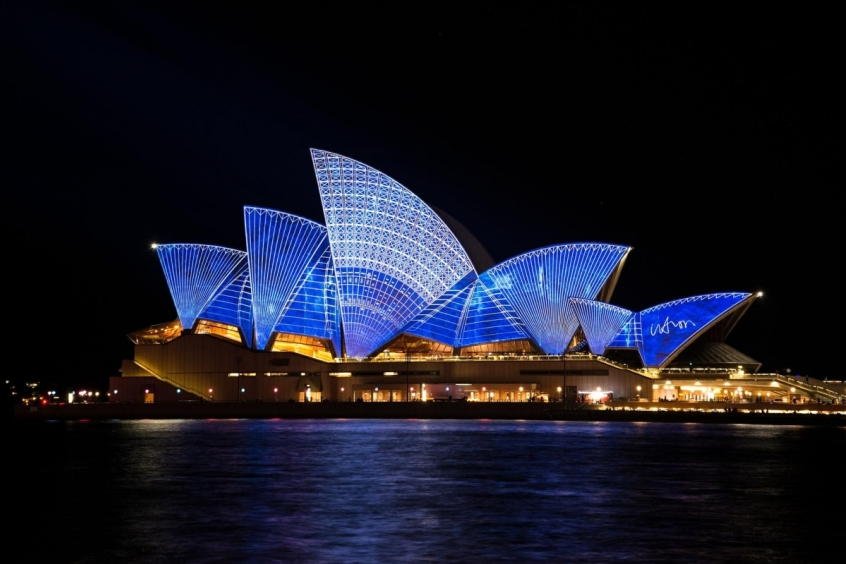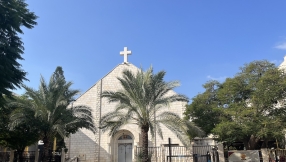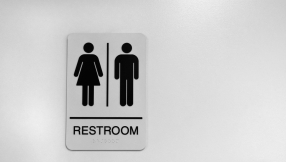
The latest census in Australia has shown a dramatic fall in those who identify as Christian, and a significant rise in those with 'no religion'.
For the first time in its history, the proportion of Australians who say they have 'no religion' (29.6 per cent) overtook the number who identify as Catholic (22.6 per cent), according to analysis of Australia's 2016 census by The Guardian.
In 1996, just 0.6 per cent of the population marked 'no religion' on their census, but has seen a dramatic shift in the following decades. In 2001 the figure was 16 per cent, which nearly doubled for the 2016 result (29.6 per cent).
In the same period, since 1966, the proportion of the population that describes itself as 'Christian', which includes all Christian denominations, has plummeted from 88.2 per cent to 52.1 per cent. More specifically, Anglicanism has declined from representing 17.1 per cent of Australians in 2011 to 13 per cent in 2016.
Islam, Sikhism and Hinduism have all significantly increased their share of the population, though Buddhism has declined.
The census also covered data on age, ethnicity, and social factors like marriage and home ownership. The number of same-sex relationships has grown significantly, with number of same sex couples (now 46,800) increasing by 39 per cent from 2011.
The census was surrounded by a degree of controversy after the online system crashed last year, meaning citizens were unable to log their data, prompting the hashtag #censusfail. However, census officials said the new results, following a more successful survey, could be fully trusted.













